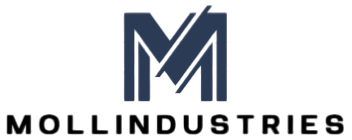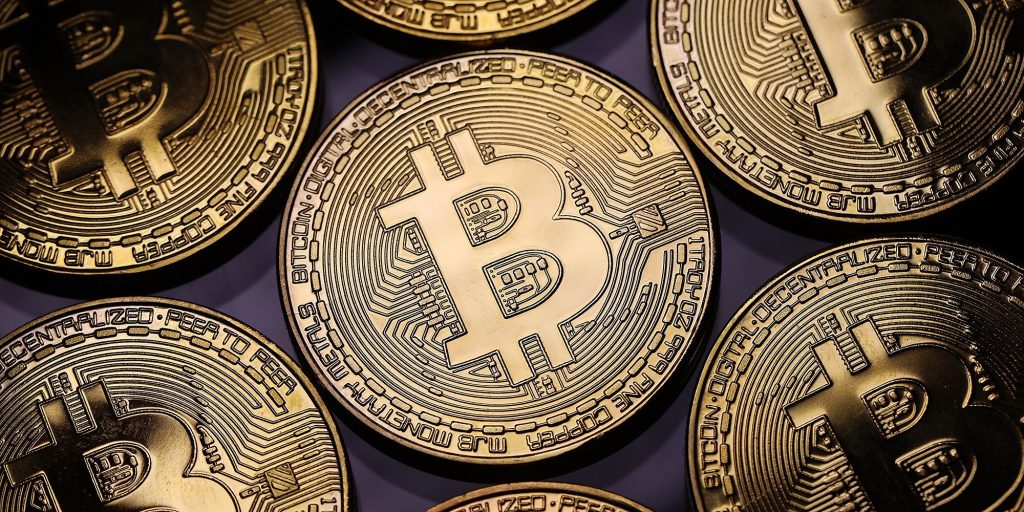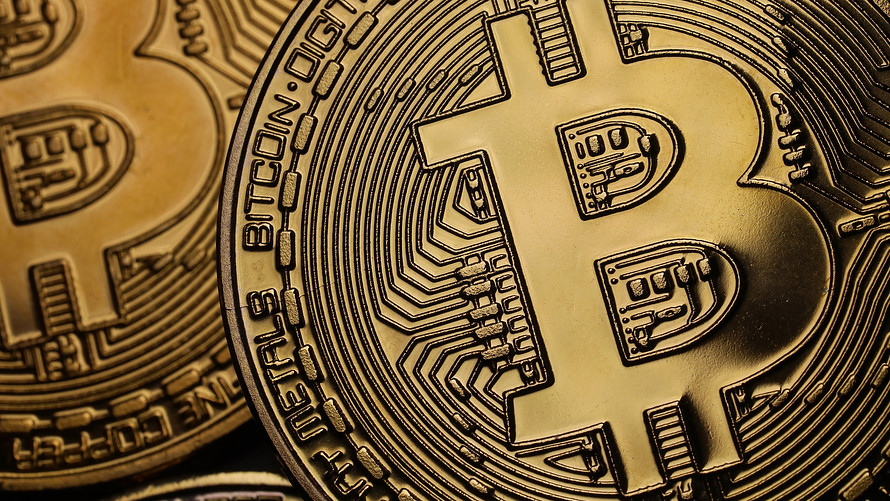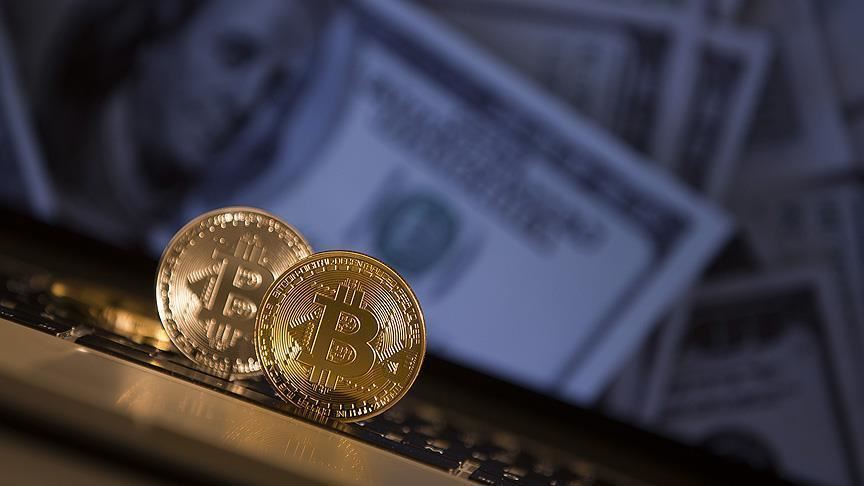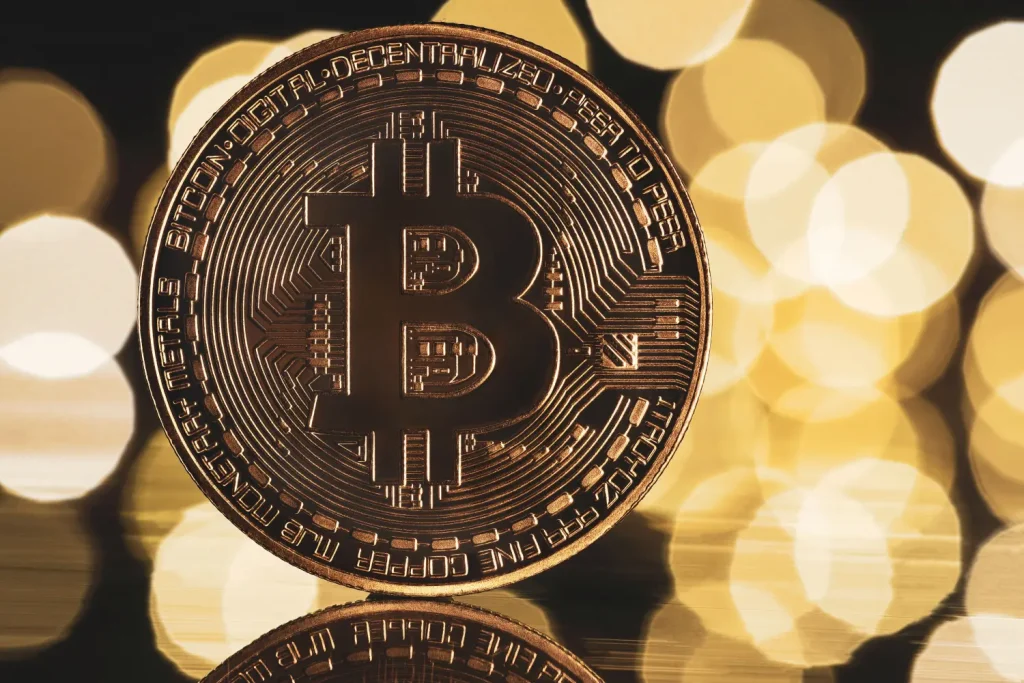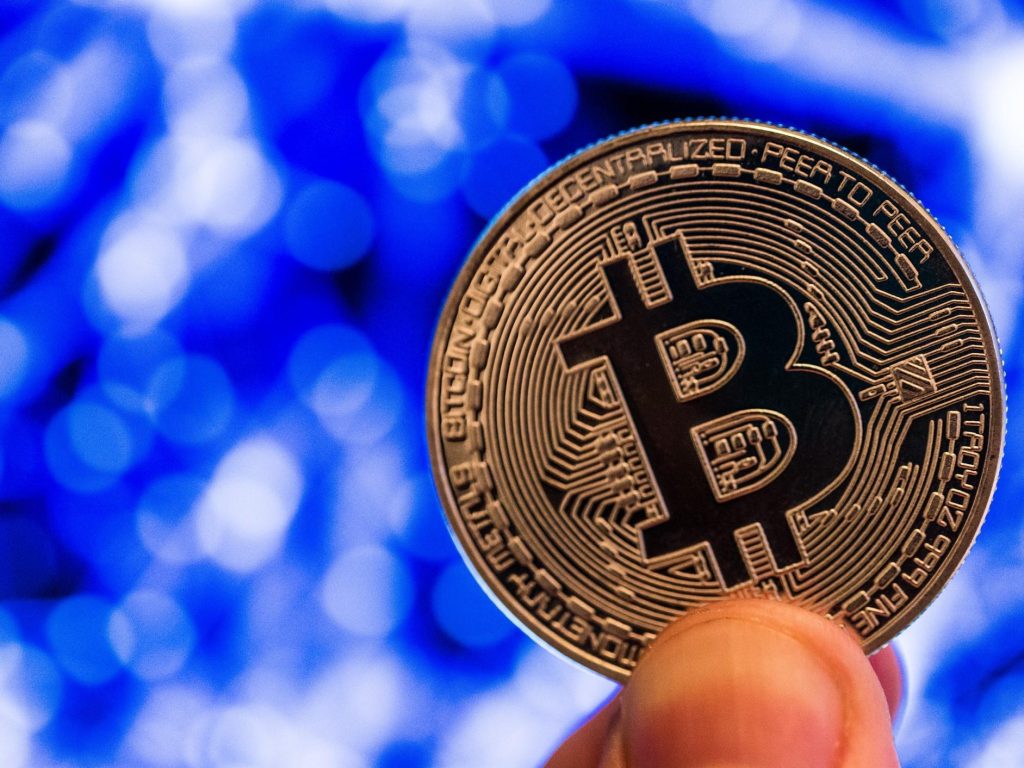Managing investments efficiently requires the right tools and platforms. An online trading broker offers investors a streamlined and accessible way to handle their portfolios. These brokers serve as intermediaries between investors and financial markets, providing essential services to buy and sell securities. Using an online trading broker simplifies the investment process, enabling users to manage their assets effectively without needing extensive market knowledge or large capital.
Easy Access to Multiple Markets
One major advantage of online trading brokers is the access they provide to a wide range of markets. Investors can trade stocks, bonds, mutual funds, ETFs, and even commodities from a single platform. This variety allows diversification of portfolios without the hassle of opening separate accounts with different brokers.
- Trade across multiple asset classes
- Access international markets
- Diversify investment portfolios easily
Cost-Effective Trading
Traditional brokerage services often come with high fees and commissions, which can eat into profits. The robo forex online trading broker typically offers lower fees, making investing more affordable for both new and experienced investors.

- Lower commissions and fees
- No hidden charges
- Cost savings increase net returns
User-Friendly Platforms
Online brokers invest heavily in technology to provide easy-to-use platforms. These platforms often include helpful tools like real-time market data, charting software, and portfolio trackers. Investors can quickly execute trades and monitor their investments with just a few clicks.
- Intuitive interfaces suitable for all levels
- Real-time data and analytics
- Mobile apps for on-the-go management
Enhanced Control and Flexibility
With an online broker, investors have greater control over their investments. They can decide when to buy or sell without waiting for broker assistance. This flexibility helps take advantage of market opportunities promptly.
- Instant trade execution
- Manage investments anytime, anywhere
- Customize investment strategies independently
Educational Resources and Support
Many online brokers provide educational materials such as webinars, articles, and tutorials to help investors improve their knowledge. Additionally, customer support teams are available to assist with any technical or account-related questions.
- Access to learning resources
- Dedicated customer service
- Helps build investor confidence
Security and Transparency
Reputable online trading brokers use advanced security measures to protect client information and funds. They also provide transparent account statements and transaction histories to ensure investors can track their activity clearly.
- Secure login and encryption
- Clear reporting and transaction records
- Peace of mind for investors
- Wide market access for diversified investments
- Lower fees for cost-efficient trading
Online trading brokers have transformed how individuals manage investments by offering a seamless, affordable, and accessible way to participate in the financial markets. Their platforms empower investors with the tools and resources necessary to make informed decisions and take control of their financial future. For anyone looking to simplify investment management, an online trading broker is a practical and effective solution.
